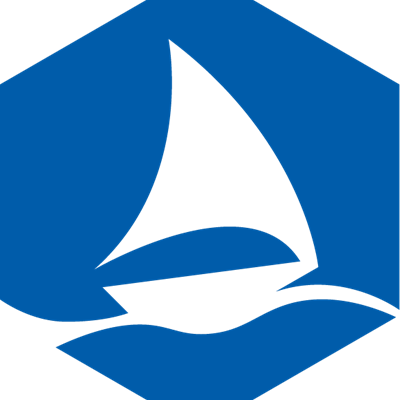New step towards ‘wonder material’ graphene applications
Researchers of the AMBER centre of the Trinity College Dublin, part of the Graphene Flagship, have developed a new process to mass-produce graphene-based material.
The method – which promises to be simple and affordable – could be used by industries for applications such as highly efficient batteries. This discovery was highlighted by the prestigious journal Nature Materials.
Graphene can be produced in different methods, like chemical vapour that are deposited on a substrate or liquid dispersions that create graphene ink. The method devised by the AMBER center showed that the shearing force generated by a rapidly rotating tool, like a powerful blender, in solution was sufficiently intense to separate the layers of graphene that make up graphite flakes without damaging their two-dimensional structure.
The team, led by Professor Jonathan Coleman, also a grantee of the European Research Council has collaborated for two years with Thomas Swan Ltd. and has signed a license agreement to scale up production and make the material available to industry globally.
Neelie Kroes, Vice-President of the European Commission responsible for the Digital Agenda, welcomed this progress in graphene production: “From lighter aircraft to better batteries – graphene truly is the new “wonder material”. By getting top European researchers and businesses to work together, we can ensure Europe takes the lead. This is the EU investing in an innovative future”.
Banner image: Trinity College Dublin
Reference: DIGAG, COMDOC, KROES, European Comission
From lighter aircraft to better batteries – graphene truly is the new “wonder material”. By getting top European researchers and businesses to work together, we can ensure Europe takes the lead. This is the EU investing in an innovative future”
Vice-President of the European Commission




